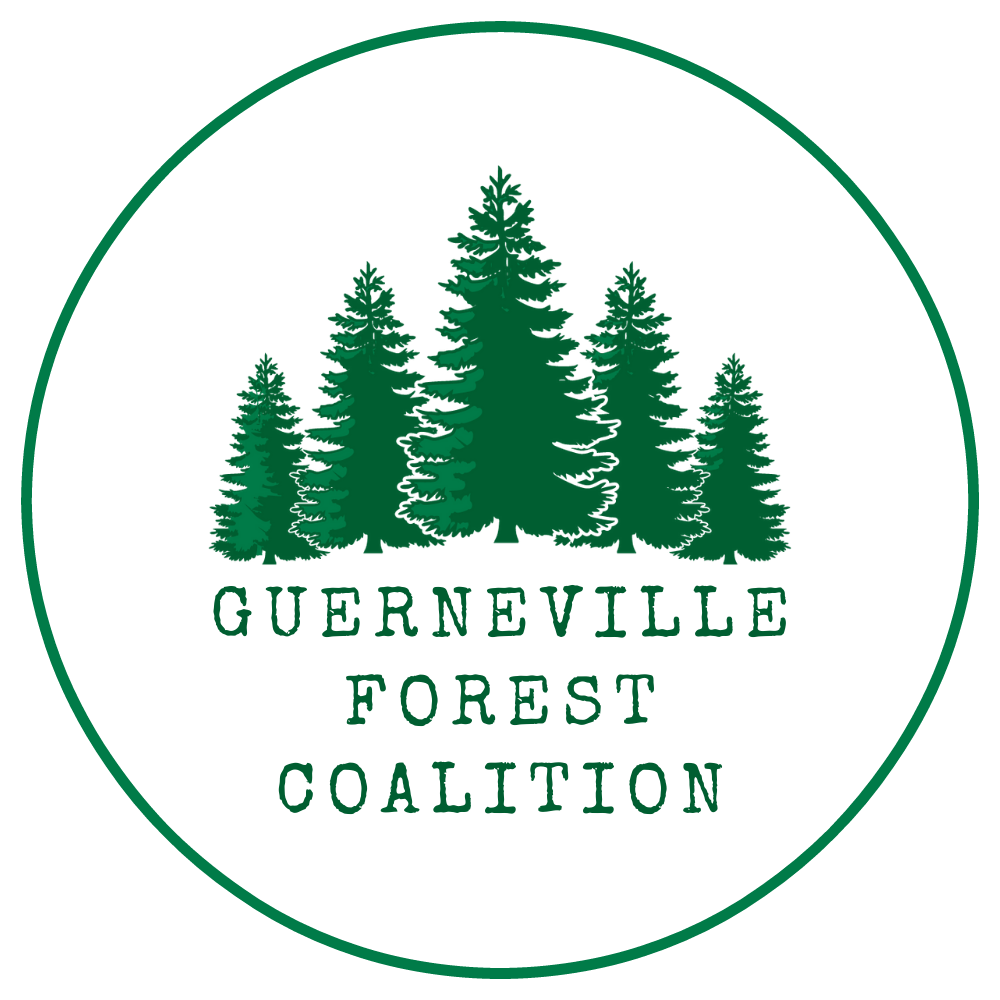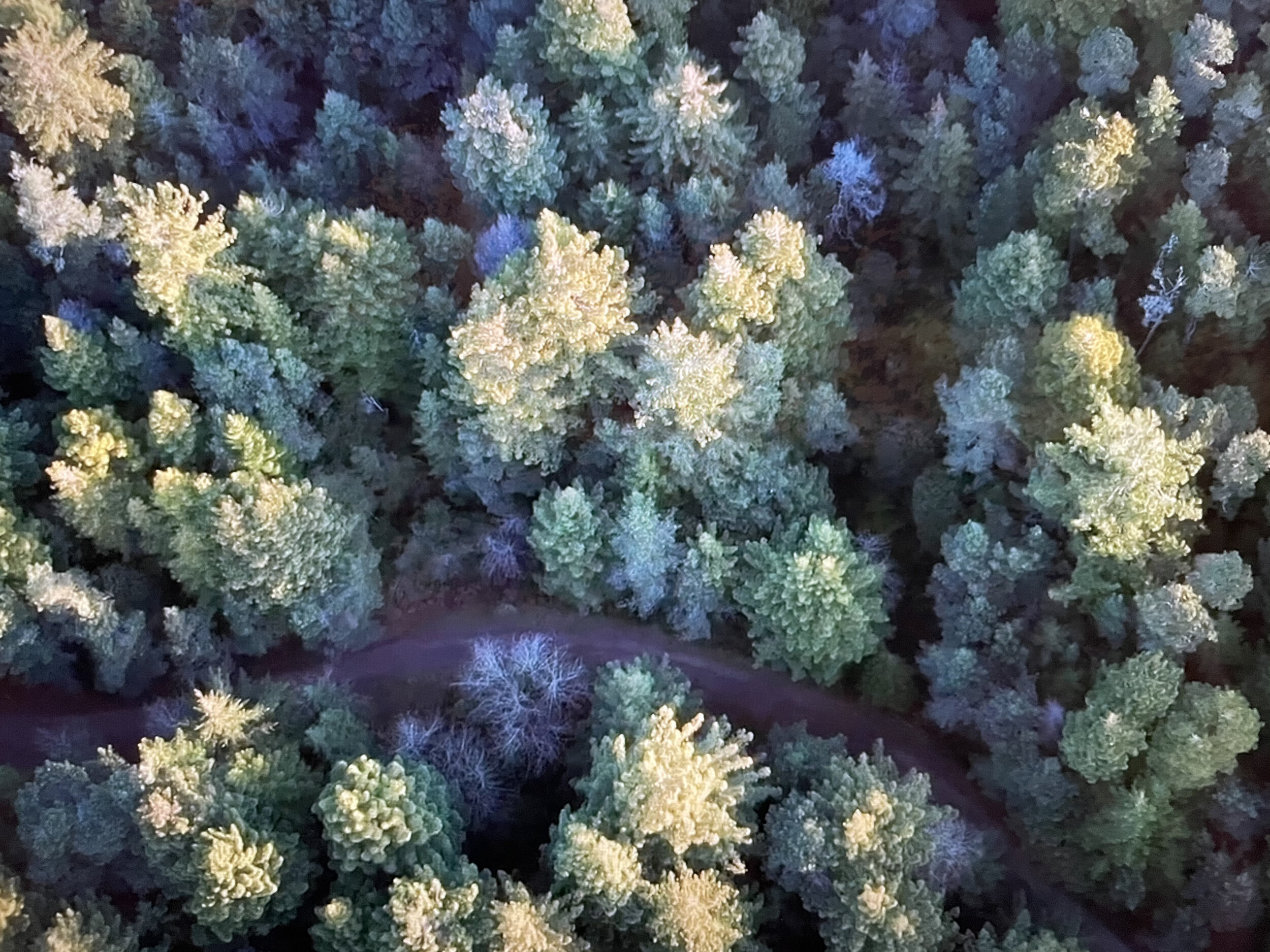
In The Media
Check out some interesting articles and videos about logging, forest fires, the environment….
From the San Francisco Examiner: Cal Fire, timber industry must face an inconvenient truth
This article explores how Cal Fire is dramatically failing to uphold the Forest Practice Act of 1973 and approving virtually all private timber harvest plans as written.
From KZYX Radio: Sharon Duggan on the “Cal Fire Divorce”
Environmental Attorney, Sharon Duggan, explains the need to separate the Forestry and Firefighting sides of the California Department of Forestry and Fire Protection.
From The Bohemian: Forest for the Trees
This excellent article from 2015 provides an in-depth look at the battle to save the Redwoods in the Gualala River floodplain. The land at the heart of the battle is owned by the same timber company - Redwood Empire - that now wants to log along the Russian River in Guerneville.
From the Washington Post: Spotted owls could go extinct without more federal protection….
A pair of Northern Spotted Owls have been found on the edge of the proposed Silver Estates logging plan area in Guerneville. An endangered species, the owls should be federally protected. But, according to this article, the U.S. Fish and Wildlife Service says they are underfunded and too busy listing other species to give the birds the attention they need.
From CNN: Logging Increases Fire Risk
Watch this report on CNN that mentions the Camp Fire.
“The timber companies logged this whole area and put in a plantation of Ponderosa pines, all with the argument that by managing the forest, man can prevent the next big fire. Exactly the opposite happened when the campfire came roaring over that ridge, it blasted through this logged area at a rate three times faster than average. By some estimates, if they had let this go wild and not touched it, the people in Paradise would have had two extra hours to evacuate.”
From the BBC: Five Myths About Wildfires
Myth #1: Regularly logging forests prevents forest fires
“A common assumption is that logging, or removing some trees, would prevent fires. In fact, many forest experts say that logging is ineffective. This is because the tree remnants left over after logging, such as stumps and branches, provide a super-fuel for fire – one that is even drier (and more flammable) in the absence of a forest canopy. There is plenty of science backing these claims. For instance, a recent study showed that burn severity tended to be higher in areas with higher levels of management."
From YouTube: Clear Cutting in California
This video provides an interesting perspective on the effects of clear cutting (i.e. cutting down every tree in the forest). While the proposed logging plan in Guerneville (Silver Estates THP) does not include clear cutting, it does include a harvesting method called Group Selection. This is clear cutting many small areas of up to 2.5 acres each.
From CNN: US cities are losing 36 million trees each year
Tree cover in US cities is shrinking. A study published last year by the US Forest Service found that we lost 36 million trees annually from urban and rural communities over a five-year period. That's a 1% drop from 2009 to 2014.
From The Guardian: ‘Blatant Manipulation’: Trump administration exploited wildfire science to promote logging
Political appointees at the interior department have sought to play up climate pollution from California wildfires while downplaying emissions from fossil fuels as a way of promoting more logging in the nation’s forests, internal emails obtained by the Guardian reveal.
From Forbes: A billion dollar fortune from timber and fire
How one company makes a massive profit from wildfires and logging on Federal land. “It’s a bad deal financially for taxpayers, but it’s a great deal for the mills,” says economist Ernie Niemi, who has studied the impact of forest management since the 1970s. “It’s very hard to justify any salvage logging. It’s like they’re bandits.”
From The Wildlife News: Misinformation Raging Like Wildfire
“The timber industry, Forest Service, and forestry schools are quick to suggest that logging can reduce large blazes. Rushing to log forests will not solve the problem; indeed, it can worsen it. More subsidized logging takes funds away from solutions that can protect communities.”
From Undark magazine: To Save the Redwoods, Scientists Debate Burning and Logging
Redwoods draw crowds, but they are also ecologically important. They act as natural water filters, processing trillions of gallons of clean, drinkable water every year. Redwood forests store at least three times as much carbon as any other kind of forest, and because the individual trees live for thousands of years, the carbon storage is long-term. That makes them important actors in the story of California’s changing climate.
From Wired: The West’s Infernos Are Melting Our Sense of How Fire Works
A look at how forest fires are changing and the need for a new way to think about forest management.
From Salio Sciences: Modern Fire in California
“This turnover from few large, resilient trees to many small trees with low biomass has altered some key ecological dynamics: densely-packed trees use lots of water, exacerbating drought stress, and they often act as ladder fuels that carry surface fires to the canopy.”
From The Wall St Journal: The Science of Wildfires
This excellent video explains why wildfires are getting worse and why logging forests is not the solution. .
From Environmental Health News: The Push for Forest Protection
Researchers say "proforestation" policies are the fastest and most effective way to draw excess CO2 out of the atmosphere.
From the Mendocino Trail Stewards: Taking A Stand for a Better Future
Check out this video from the Mendocino Trail Stewards. It perfectly explains why logging is so harmful. The group is working to create an approximately 20,000 acre Redwood Forest Reserve with a mandate for outdoor recreation, carbon sequestration, ecosystem restoration, and climate change mitigation science.
From the Golden Gate University Environmental Law Journal
Why California needs an independent agency dedicated to governing forest resource management and land conservation, allowing Cal Fire to focus on its fire agency obligations.
From CounterPunch: Why the idea that thinning forests through logging will preclude large blazes is a scam.
Read in this op-ed piece how numerous research findings have found that the solution to large wildfires isn’t more thinning or logging but rather more investment and political might to reduce climate change.
From The Press Democrat: California’s Wildfire Dilemma
Jim Hinch, senior editor at GuidePosts magazine, explains why ‘mechanical forest management’ may not be the right approach to deal with climate change and forest fires.





















